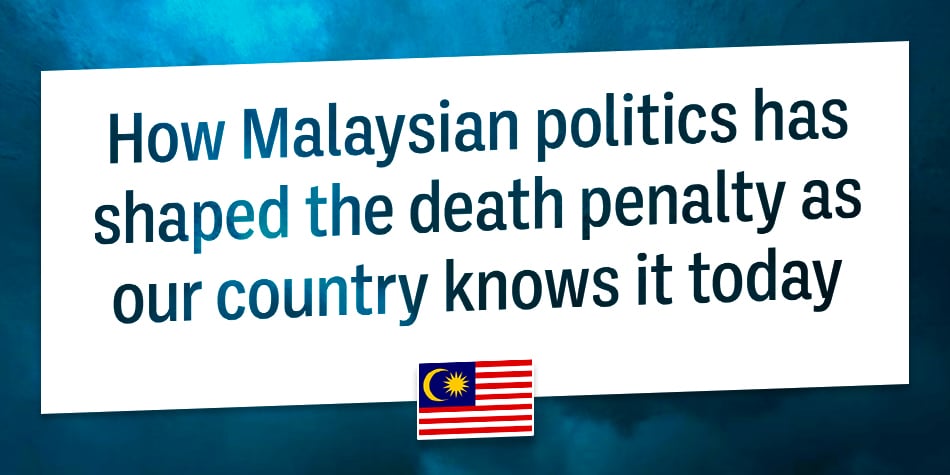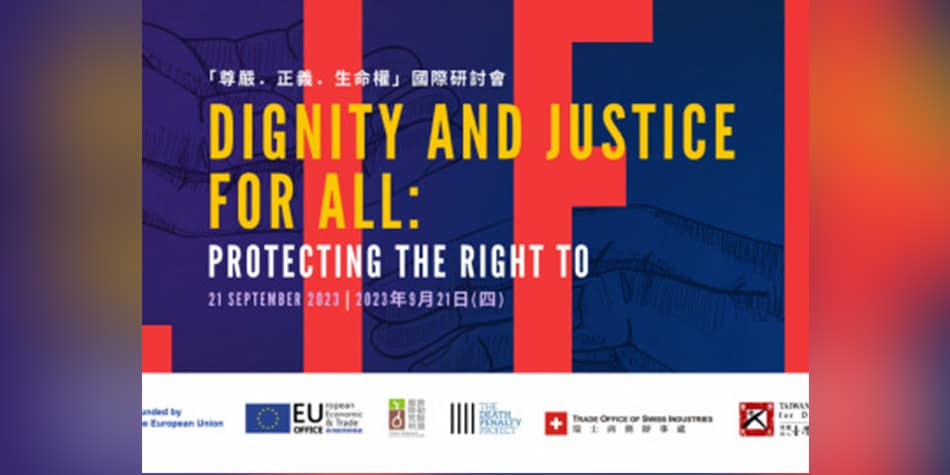Burundi abolishes the death penalty
Good news
Burundi’s president, Pierre Nkurunziza, signed the revised penal code into law on April 22. The new legislation abolishes the death penalty. Several World Coalition member organisations have welcomed this significant development in the African Great Lakes region, one of the key battlegrounds in the global struggle against capital punishment. However, they regretted that the very same revision of the penal code made homosexuality a criminal offence.
ACAT-Burundi chairman Merius Rusumo (photo) took an active part in abolitionist efforts in his country. He tells us about the campaign’s success, in a country where ethnic Tutsis used to use the death penalty to enforce their domination on Hutus.
What is now the exact status of the death penalty in Burundi?
The amendment of the penal code, which was delayed because of the homosexuality issue, was promulgated by the president recently. We have not yet received the text, but it will be disseminated as a booklet. The death penalty is now regarded as repealed.
Is this the end of your campaign on this issue?
The issue is solved for open case. However, the death penalty had not been enforced in more than 15 years and those sentenced to death during that period are still in prison. The new legislation provides for a “softer” punishment for them, but that is vague. We are going to work on that issue.
Since 2006, some death row inmates were released on “provisional bail” in a disorganised manner, without objective criteria. Others have seen their sentence commuted to 15- or 20-year prison terms. Nor the chairman of the provisional bail commission nor the chief prosecutor have any data on the number of people on provisional bail. We also need to list those people.
What made the campaign by Burundi’s abolitionists successful?
What worked was first and foremost our highlighting of human rights compliance issues.
Unrest linked to the working of the administration and the judiciary has plagued Burundi since its independence.
One ethnic group used to dominate the judiciary and handed down death sentences to crush the other. Death sentences were handed down in violation of due proceedings, especially the right to legal representation. Innocent people were condemned to death.
Burundi’s current leaders, who belong to the formerly suppressed ethnic group, responded to the exposure of this reality in our reports and those by other organisations such as Avocats sans frontières. The country’s president himself was sentenced to death in absentia, without supporting evidence.







